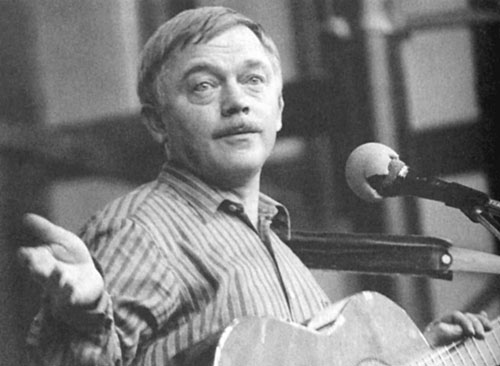<Back to Index>
- Composer Karel Husa, 1921
- Songwriter Karel Kryl, 1944
PAGE SPONSOR
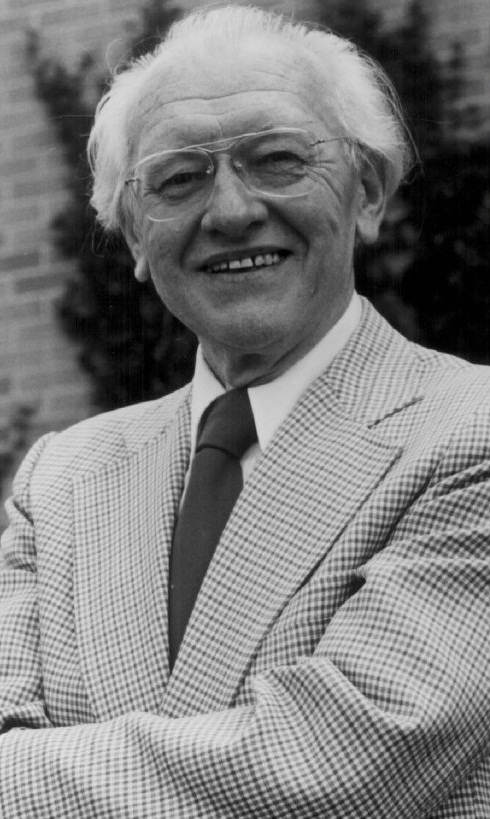
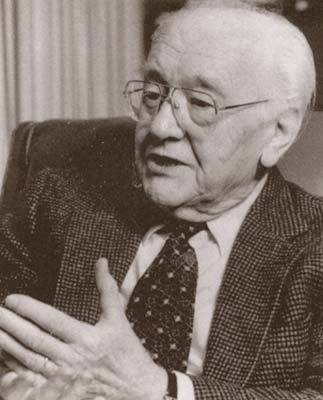
Karel Husa (August 7, 1921, Prague - December 14, 2016) was a Czech born classical composer and conductor, winner of the 1969 Pulitzer Prize and 1993 University of Louisville Grawemeyer Award in Music Composition. In 1954 he came to the United States and became an American citizen in 1959.
Husa learned to play the violin and the piano in early childhood and, after passing his final examination at high school, he enrolled in the Prague Conservatory in 1941 where he studied in a class of Jaroslav Řídký, and attended courses in conducting led by Metod Doležil and Pavel Dědeček.
After the end of the Second World War, Husa was admitted to the graduate school of the Prague Academy, where he attended courses led by Řídký and graduated in 1947. At the same time, he decided to continue his studies of composition and conducting in Paris. In 1947 he studied with Arthur Honegger and Nadia Boulanger. He studied conducting with Jean Fournet, Eugčne Bigot and André Cluytens. After finishing his courses in conducting at École Normale de Musique de Paris and at Conservatoire de Paris he embarked on a career during which he has conducted the world's leading orchestras and participated in many major projects. He divided his time between composing and conducting, taking an ever more active part in Parisian and international musical life.
His First String Quartet marked a big step on the composer's path to the realm of international music: the Quartet received the 1950 Lili Boulanger Award and the 1951 award at the music festival in Bilthoven in the Netherlands. It has since also been performed on many other occasions, e.g., at the festival of the International Society for Contemporary Music in Brussels (1950), festivals in Salzburg (1950), Darmstadt (1951), and the Netherlands (1952) as well as at various concerts in Germany, France, Sweden, England, Switzerland, Australia and the United States. Other compositions written by Karel Husa during his stay in Paris include Divertimento for String Orchestra, Concertino for Piano and Orchestra, Évocations de Slovaquie, Musique d'amateurs, Portrait for String Orchestra, First Symphony, First Sonata for Piano, and Second String Quartet. Throughout this period, the composer's underlying preoccupation and interest was style, which was primarily influenced by Vítězslav Novák, Janáček, Bartók and Stravinsky.
He is probably best known for his Music for Prague 1968, a work in memory of the 1968 Soviet bloc invasion of Czechoslovakia. His String Quartet No. 3 won the Pulitzer Prize in 1969. Husa is the 1993 recipient of the Grawemeyer Award for Music Composition presented by the University of Louisville for his Concerto for Cello and Orchestra. From 1954 until 1992 he was a professor at Cornell University and lecturer at Ithaca College from 1967 to 1986. Husa later resided in Apex, North Carolina.
He was a National Patron of Delta Omicron, an international professional music fraternity.
The
University of Massachusetts Amherst held a Wind
Ensemble at the Fine Arts Center Concert Hall
celebrating Karel Husa's 90th birthday on October 21,
2011.
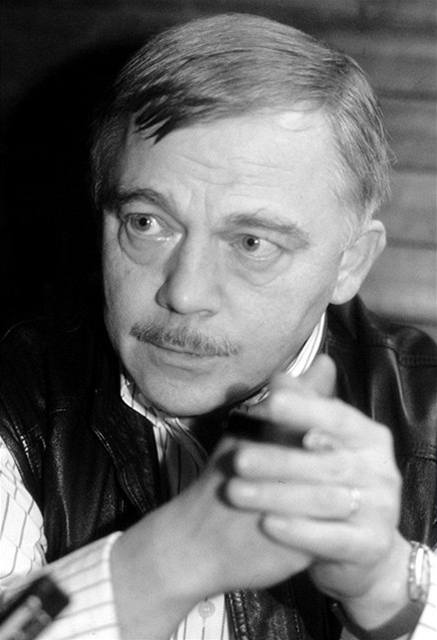
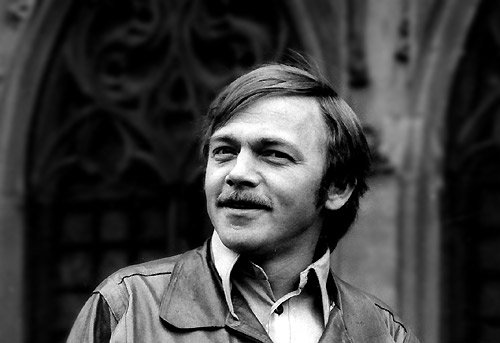
Karel Kryl (April 12, 1944 Kroměříž – March 3, 1994 Passau) was a popular Czech singer - songwriter and performer of many protest songs in which he strongly criticized and identified the shortcomings and inhumanity of the Communist and later post - communist regime in his home country.
Kryl was born on April 12, 1944, in Kroměříž, in German occupied Czechoslovakia, (now Czechia). He was the son of Karel Kryl and Marie Krylová. His father owned a printing business, which was confiscated from the family in 1948 after the communist takeover. Kryl wanted to be a potter and studied at an industrial secondary school specializing in ceramics, graduating in 1962.
Kryl moved to Prague in 1968 as an assistant at Czechoslovak Television. In his spare time he performed his songs in numerous small clubs. When the Warsaw Pact armies occupied Czechoslovakia on August 21, 1968, to suppress the Prague Spring reform movement, Kryl released his album Bratříčku zavírej vrátka (Close the Gate, Little Brother), as a reaction to the occupation. The album described his perception of the inhumanity of the regime and his views on life under communist rule. The album was released in early 1969 and was banned and removed from shelves shortly after.
Kryl left Czechoslovakia in 1969 to attend a music festival at Waldeck Castle in West Germany. Faced with certain imprisonment in his homeland, he decided to apply for political asylum and stay. He attained a second, German, maturita in 1973 and went on to study art history and journalism at the Ludwig Maximilian University in Munich, though he never earned a degree. For the majority of his time in exile, Kryl worked for Radio Free Europe and released a number of albums during this period. Many of these songs became iconic back in his homeland and a symbol of protest. Kryl went on several tours across Scandinavia, North America and Australia. During this time, he composed songs not only in his native Czech, but also in Polish and German.
In the enthusiastic November days of 1989,
during the Velvet Revolution, Kryl returned to
Czechoslovakia to attend his mother’s funeral. At
first he was thrilled, but he later reportedly became
disappointed with the transformation of society. He continued
to write protest songs criticizing the transformation
of government. On March 3, 1994, just a month before
his fiftieth birthday, Karel Kryl died of a heart attack in a Passau hospital.
